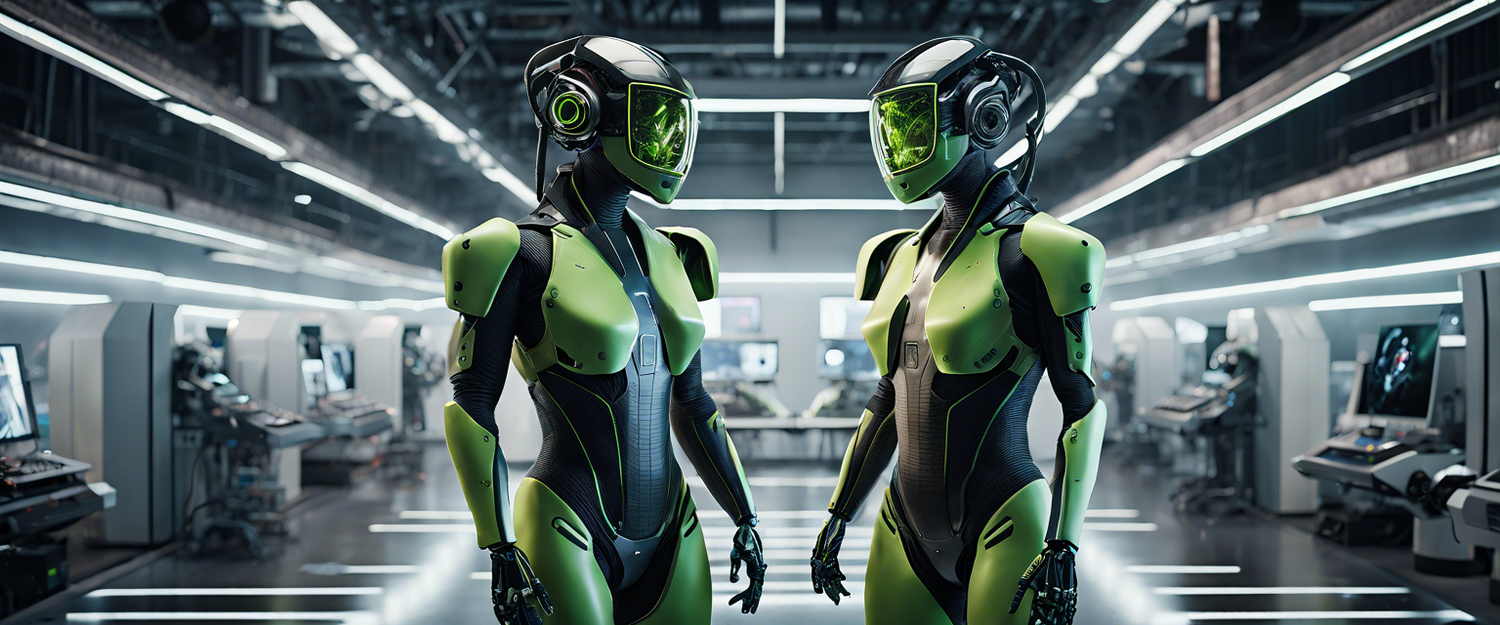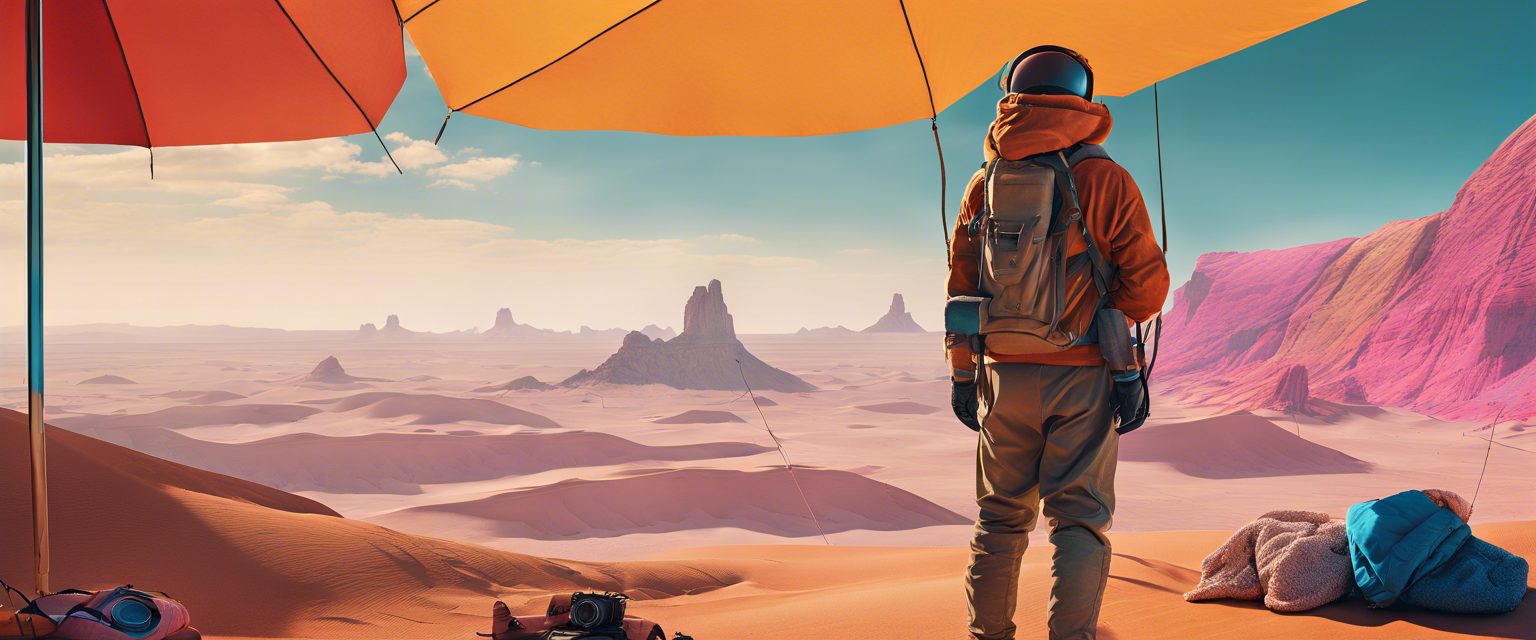Nvidia's Vision for the Future of AI: A New Industrial Revolution
In an inspiring address at the Hong Kong University of Science and Technology's degree conferment ceremony, Nvidia founder and CEO Jensen Huang shared a visionary perspective on the evolving landscape of artificial intelligence (AI). Huang asserted that AI is not only transforming existing industries but is also paving the way for the emergence of entirely new sectors dedicated to the production and generation of AI technologies, similar to the profound transformations witnessed during the Industrial Revolution.
The Rise of AI Factories
According to Huang, we are on the brink of establishing AI factories and a new realm of digital intelligence. He drew parallels between this transformation and the history of electricity, indicating that just as alternating current power plants revolutionized the electricity industry, AI is set to revolutionize the technological landscape.
"Twenty-five years after Nvidia created the first GPU, we have redefined computing and sparked a new industrial revolution," Huang stated. This declaration points to the significant role Nvidia has played in driving innovations that have fundamentally changed how we interact with technology.
AI: The Most Important Technology of Our Time
Huang emphasized that AI is undoubtedly the most important technology of our time, suggesting that its significance may extend beyond our current understanding. As AI continues to evolve, the implications of its integration across various industries could lead to groundbreaking innovations and developments.
Transformative Impact on Industries
- Healthcare: AI can enhance diagnostics and personalize treatments.
- Manufacturing: Smart factories will increase productivity through automation and predictive maintenance.
- Transportation: Autonomous vehicles and smart traffic systems are revolutionizing mobility.
- Finance: AI algorithms are transforming risk assessment, fraud detection, and personalized banking.
As outlined by Huang, the ongoing advancements in AI are not just incremental improvements; they represent a shift towards a future where AI will be integral to the very fabric of our society.
Conclusion
As we stand at this pivotal moment in technological advancement, Jensen Huang's insights serve as a reminder of the potential and responsibility that come with the continued development of AI. The future promises a landscape rich with opportunities and innovations shaped by the capabilities of artificial intelligence, urging industries to adapt and evolve alongside these changes.
For more insights into the influence of AI in the modern world, visit Nvidia's official website.



Lasă un comentariu
Toate comentariile sunt moderate înainte de a fi publicate.
Acest site este protejat de hCaptcha și hCaptcha. Se aplică Politica de confidențialitate și Condițiile de furnizare a serviciului.